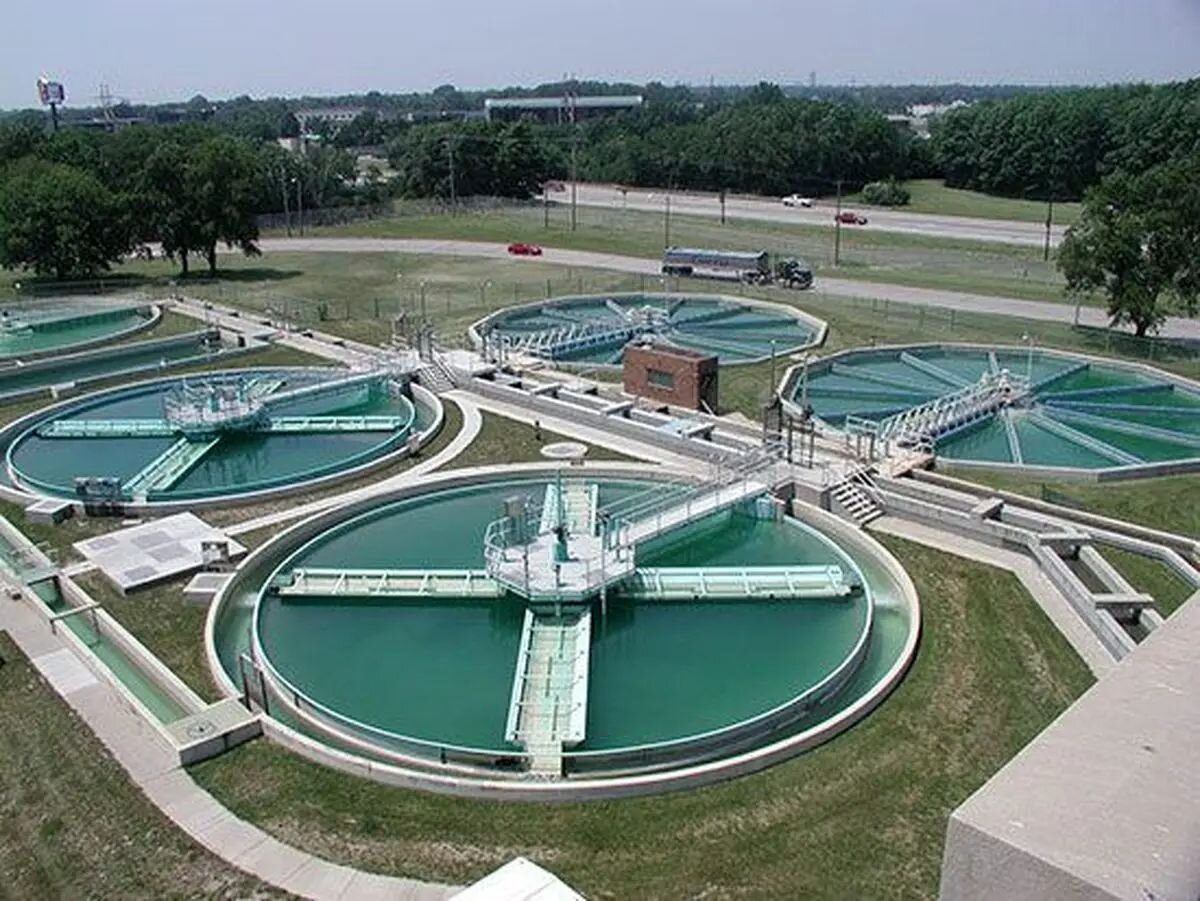67 environmental projects inaugurated to mark Islamic Revolution

TEHRAN – According to the Department of Environment (DOE), a total of 67 environmental projects in 17 provinces of the country have been inaugurated on the occasion of the 45th anniversary of the Islamic Revolution.
The anniversary of the Islamic Revolution is celebrated annually from February 1 to 11.
The projects, costing over 48 thousand billion rials (about $960,000), were inaugurated simultaneously across the country on Saturday, February 10, IRNA reported.
Filtration and air monitoring stations ranked first with twelve projects, with infrastructure (10), smart management (3), online monitoring of industries (12), wastewater treatment (15), building environmental checkpoints (12), and education (3) in the next places.
Khorasan Razavi province with 19 projects, Tehran province with 8 projects, Lorestan, Hamadan, and West Azerbaijan provinces with 6 projects have the largest number of projects implemented, respectively.
It is the third phase of the environmental projects’ inauguration during the current Iranian calendar year, which ends on March 20.
First and second phases
The first phase kicked off during national environmental week in 19 provinces of the country, from June 6 to 12, 2023. A total of 101 environmental projects costing over 110 thousand billion rials were implemented.
In the second phase, 58 environmental projects were launched in 15 provinces of the country including Ardabil, Lorestan, Chaharmahal-Bakhtiari, Sistan-Baluchestan, Hamedan, Qazvin, Ilam, Tehran, Kordestan, North Khorasan, Khuzestan, Qom, Bushehr, Khorasan Razavi, and Mazandaran during Government Week, from August 24-30, 2023.
Some of the projects included air quality monitoring stations, industrial sewage treatment plants, environmental checkpoints, environmental laboratories, dust measuring stations, office buildings in cities, and online monitoring systems.
More than 34 trillion rials (about $68 million) were allocated to the projects.
Recent measures
Within the last decades, environmental problems have greatly affected nature and people’s lives. Air pollution, as a man-made problem originating from economic and industrial factors, accounts for millions of deaths every year.
The Department of Environment by developing environment houses aims to deal with the country's environmental challenges and needs through improving the process of scientific and knowledge-based research.
It also seeks to improve the individual, organizational, and managerial capacities of innovators, inventors, entrepreneurs, students, and academic faculty members of universities.
The number of protected areas under the supervision of the Department of Environment has increased 5.5 times after the 1979 Islamic Revolution.
Before the Revolution, there were a total of 58 protected areas in the country.
The comprehensive plan studies the condition of wildlife, vegetation, water, and soil. Based on that, the land is classified into several zones.
In these zones, parts of the area are considered only for protection, parts for recreation and nature tourism, and small parts for administrative activities, he explained.
A series of restrictions are imposed on these zones. For example, road construction or mining are banned. These limitations will ultimately lead to better management and preservation of the region.
The fifteenth day of Esfand – the last Iranian calendar month, which falls on March 5, has been approved to be registered on the national calendar as the ‘Environmental Protection Education Day’.
The registration of the Environmental Protection Education Day in the country's official calendar is known as a valuable event for the environmental society of the country education in the field of environment is one of the basic steps to preserve and protect the country's environment.
MT/MG
Leave a Comment